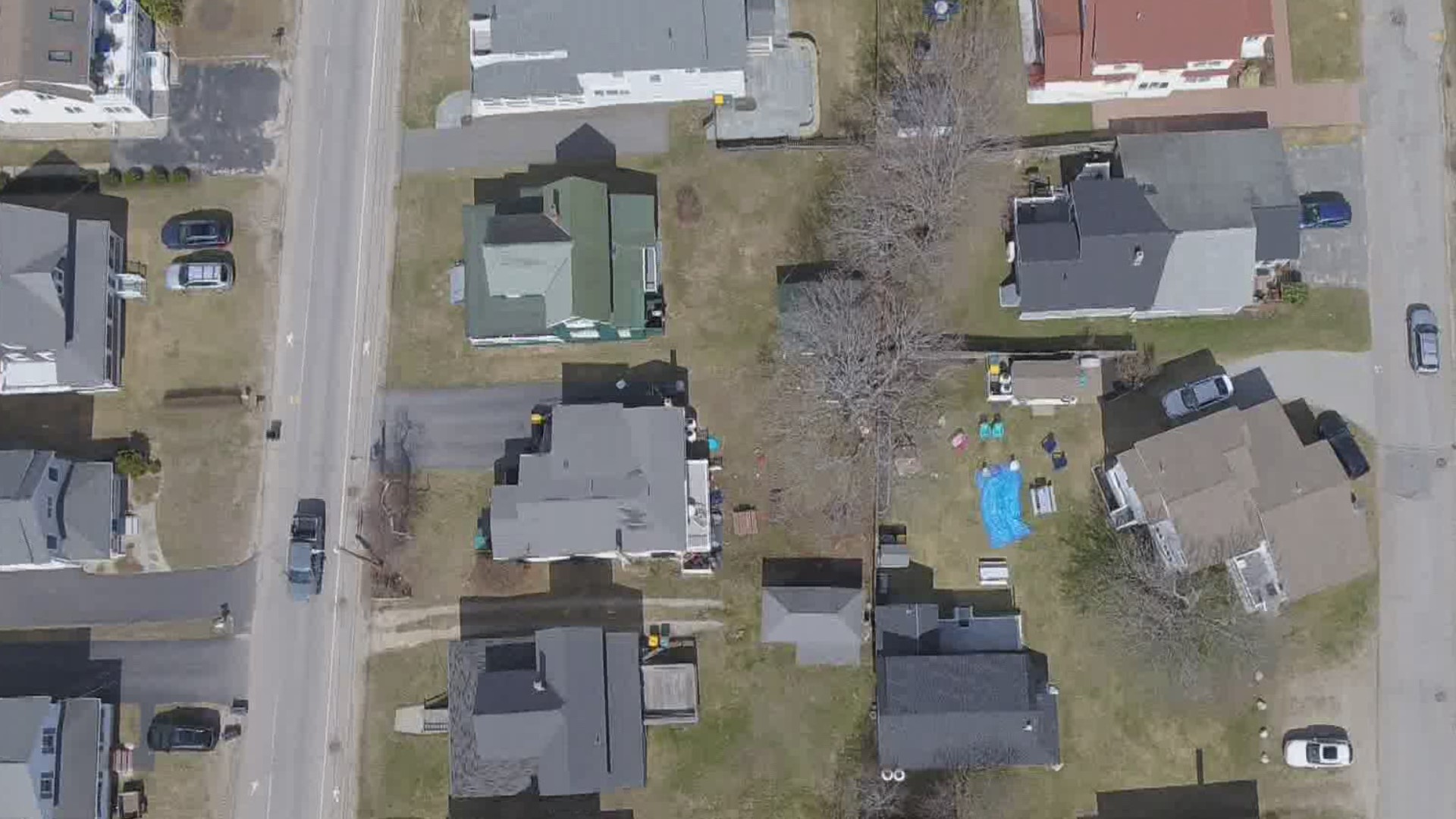PORTLAND, Maine — People in Portland are seeing property tax values jump after the city of Portland underwent a revaluation for the first time in 15 years.
Property values have gone way up since 2006, particularly on the peninsula, according to city tax assessor Christopher Huff. He said the Munjoy Hill neighborhood is disproportionately seeing higher property values, and therefore, many people are seeing higher property taxes.
Higher property values from a reevaluation do not necessarily mean higher taxes, according to Huff. He said a revaluation does not generate more tax revenue for a city, rather it ensures that property taxes are re-distributed fairly.
As property values rise, the tax rate goes down to generate the same amount of money called for in the city's budget.
The effective date for new values is April 1, 2021. Taxpayers will receive notice of value change by mail. People can appeal the new value, and Huff said they have been receiving a lot of phone calls since the mailers went out. New values will be used to calculate tax bills for Fiscal Year 2022 which will be mailed in the fall of 2021.
Property taxes are based on property values. According to the city, "without periodic revaluations, some property owners would pay relatively more while other would pay relatively less. Revaluation resets property values to their current market value so that the property tax burden is equitable for all taxpayers."
Appraisal and taxation are separate issues. The assessor's office determines the market value of all property and sets an assessed value. The tax rate is calculated by taking the Portland City Council's approved budget and dividing the amount needed from property taxes by the total taxable assessed value of the city.
Some properties will see taxes go up, some will go down, and some will stay the same. If the value of your home increases more than the city's overall value, you will likely pay more in taxes, and vice versa.

